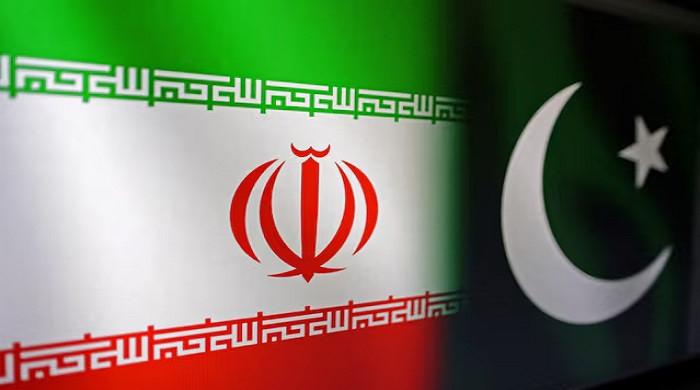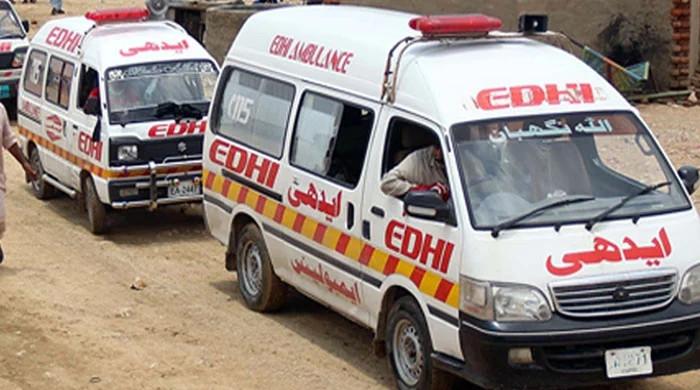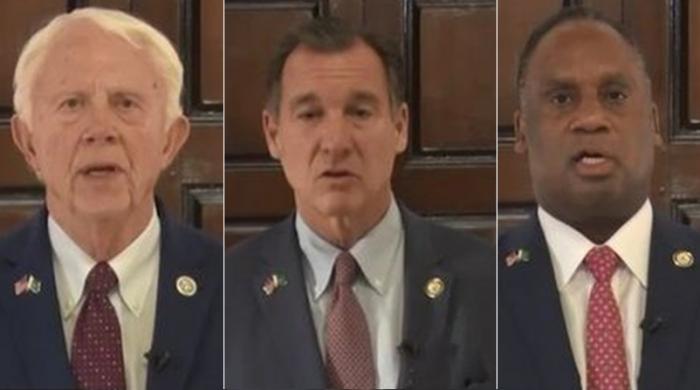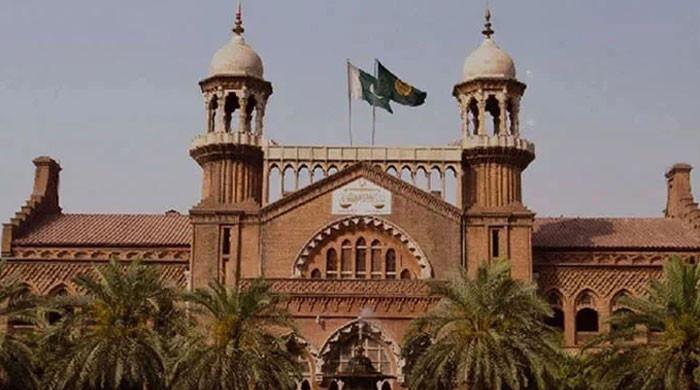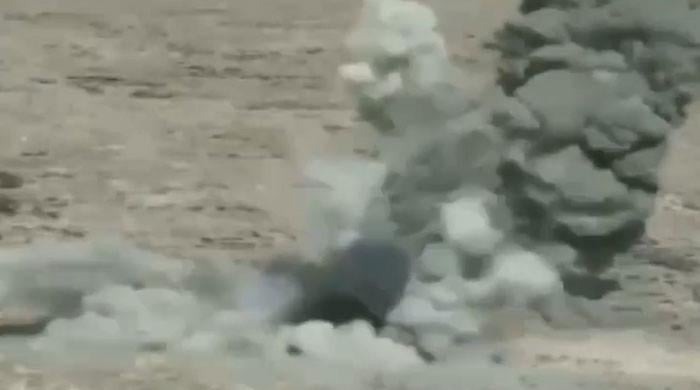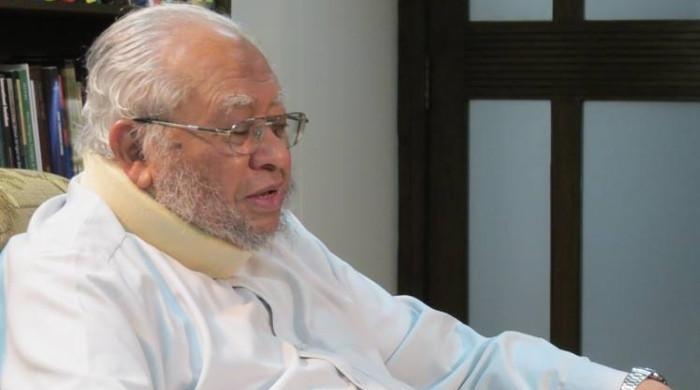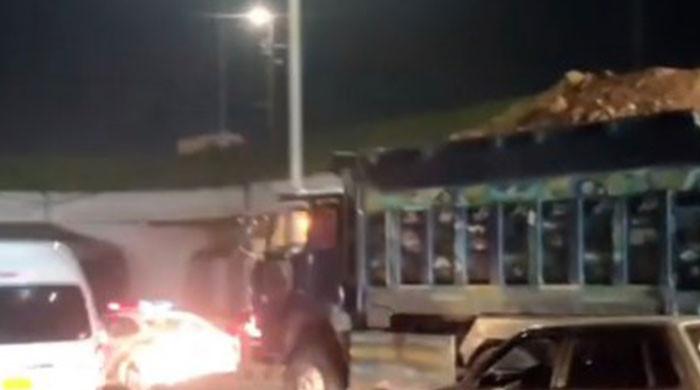Eight suspects arrested after body of kidnapped, raped minor girl found in Charsadda: police
A case has been registered with the murder clause included; girl’s DNA samples sent to a forensic laboratory
October 08, 2020
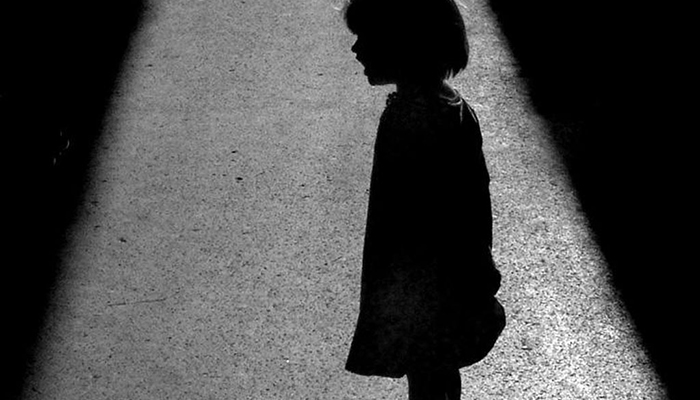
Eight suspects were arrested after the body of a minor girl was found in Khyber Pakhtunkhwa’s Charsadda town, police said on Thursday.
According to police, the minor girl was kidnapped and then sexually assaulted before being brutally murdered, and her body bears torture marks.
Dr Maimuna at the district headquarters (DHQ) hospital said that an initial probe confirmed that the minor had been raped.
District Police Officer (DPO) Charsadda Muhammad Shoaib said that the girl was abducted on October 6 and her body was found the next day.
He said that doctors have also identified animal claw marks on the body.
The DPO said that geo-fencing of the crime scene has been carried out and the girl’s DNA samples have been sent to a forensic laboratory and the results are awaited.
He said that a case has been registered against unknown suspects with clauses of kidnapping and murder included. A special investigation team under Superintendent of Police (SP) Darwesh Khan has been formed to probe the matter.
The girl’s father said that the family has no enmity with anyone.
According to Inspector General of Police (IGP) Charsadda Sanaullah Abbasi, the police have "gathered some evidence" and the results of the DNA report will take some time.
Meanwhile, a boundary dispute arose between Peshawar and Charsadda police over the Jabba Korona area where the crime took place after which district administration said that the revenue department will survey the area and determine the divide.
Afterwards, the revenue department said that Jabba Korona falls within the jurisdiction of the Daduzai police station. According to police, Peshawar and Charsadda police will work together to arrest the perpetrator.
In addition, Chief Minister KP Mahmood Khan has noted with concern reports of the incident and ordered the inspector general of police to ensure the speedy arrest of the culprit.
“Those involved in the incident will never be able to escape the clutches of the law and will be awarded exemplary punishment,” he vowed.
The director-general of law and human rights Dr Asad Ali also took notice of the crime. He formed a committee to conduct an independent inquiry with director for human rights Naseem Khan appointed as its head.
'Cruel numbers'
More than eight children were subjected to sexual abuse on average every day in the first six months of 2020 in Pakistan, according to child protection NGO Sahil.
In its six-month "Cruel Number" report, Sahil reported that as of June this year, 497 children were sexually abused.
The NGO said most of the cases were in Punjab — at 57%. Of the rest, 32% were reported in Sindh and 6% in Khyber Pakhtunkhwa.
Of the total children who were subjected to sexual abuse, 53% were girls and 47% boys.
Out of the total reported cases, 62% were from rural areas and 38% reported from urban areas.
At least 173 children were gang-raped, whereas there were 227 reports of attempted sexual assault. Moreover, 38 children were killed after they were sexually abused.
'Less than 3% conviction'
In Pakistan, the conviction rate in rape and sexual assault cases is abysmally low, under 3%, estimates the Karachi-based War Against Rape (WAR).
“Unfortunately, rape and sexual assault is still a taboo subject in Pakistan,” Shehraz Ahmed, programme coordinator at the non-governmental organization WAR, told Geo.tv. “Cases of rape are underreported and conviction is even lower, under 3%, across the country.”
Prime Minister Imran Khan has promised robust legislation to deter rising rape incidents and even called for chemical castration of convicted rapists. He has also said the government will introduce a register for sex offenders.
"Rape should be viewed as something that destroys lives. In our culture, families suffer also, and the children, especially, have life-long trauma."




